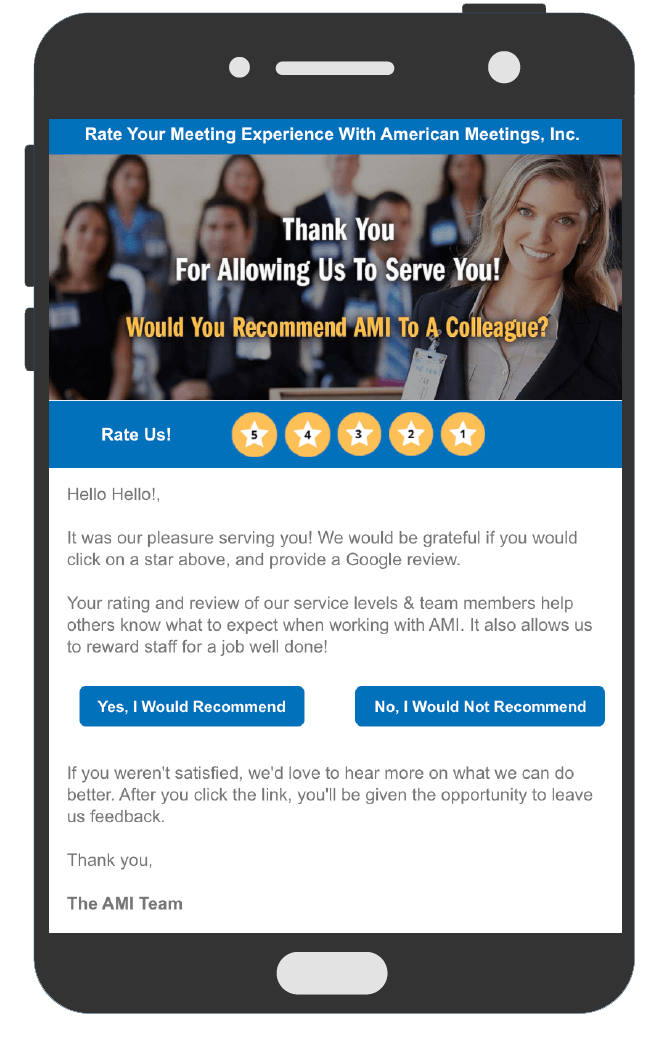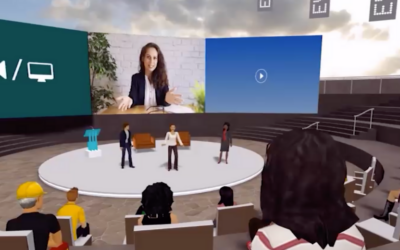Do you typically debrief after an event? Talking about what went well, and what could be improved upon is an important practice, otherwise, you could be missing out on valuable opportunities to grow. But, if you are only debriefing with organizers and not participants, you are only doing half of the job. Here are some tips for debriefing and then using that information for continuous improvement.
Get the data while it’s fresh
Ask for feedback within a few days of the event while it is still fresh in people’s minds. Consider questions ahead of time in regards to new features of the event, or areas you aren’t sure would “land” the way you intended as an organizer.
Ask specific questions
Unless you really want to know how participants felt about the coffee or room temperature, ask specific questions such as how a speaker was received, or if the content met expectations. Ask for feedback on areas where expectations weren’t met, or if the morning programming was too long – being specific jogs your participant’s memory so they will give more detailed and beneficial feedback.
Prepare those offering feedback
Some people LOVE offering feedback in meetings, while others take time to process. Consider giving the debriefing agenda out before the event ends, or hold the topics open a few days after the debriefing for those who like to contribute privately (or anonymously), outside the meeting. The loudest contributor isn’t always the most valuable one.
Keep it objective
Don’t play any blame games, but rather keep the information as objective as possible – an opportunity for growth, not criticism. Consider compiling participant feedback into categories, rather than identifying single complaints, to reduce redundancy.
Another way to do this is to use a 5-point scale, rather than open-ended questions or simple “YES/NO”. By getting feedback on a scale, it is easier to quantify it, which keeps it objective as well.
Invite responses
Everyone involved in the event has a perspective, so don’t be afraid to solicit feedback from vendors, partners, venues, other organizers on the team, and participants. Use a third party, if needed, to collect feedback privately and get better engagement. Make it easy to respond, and give several opportunities to offer feedback, such as at/during the event, immediately after the event, and even a week out.
Ask good questions
Finally, keep your feedback questions focused on what you really are wanting to unearth. A survey shouldn’t just be something to help you feel good about the event (although it can), it really should be used as a tool to increase the value to the end-user and find missed opportunities that can be captured during the next event.



